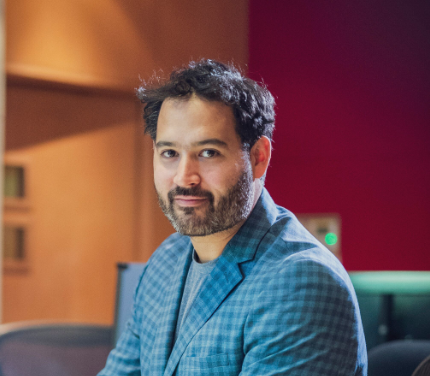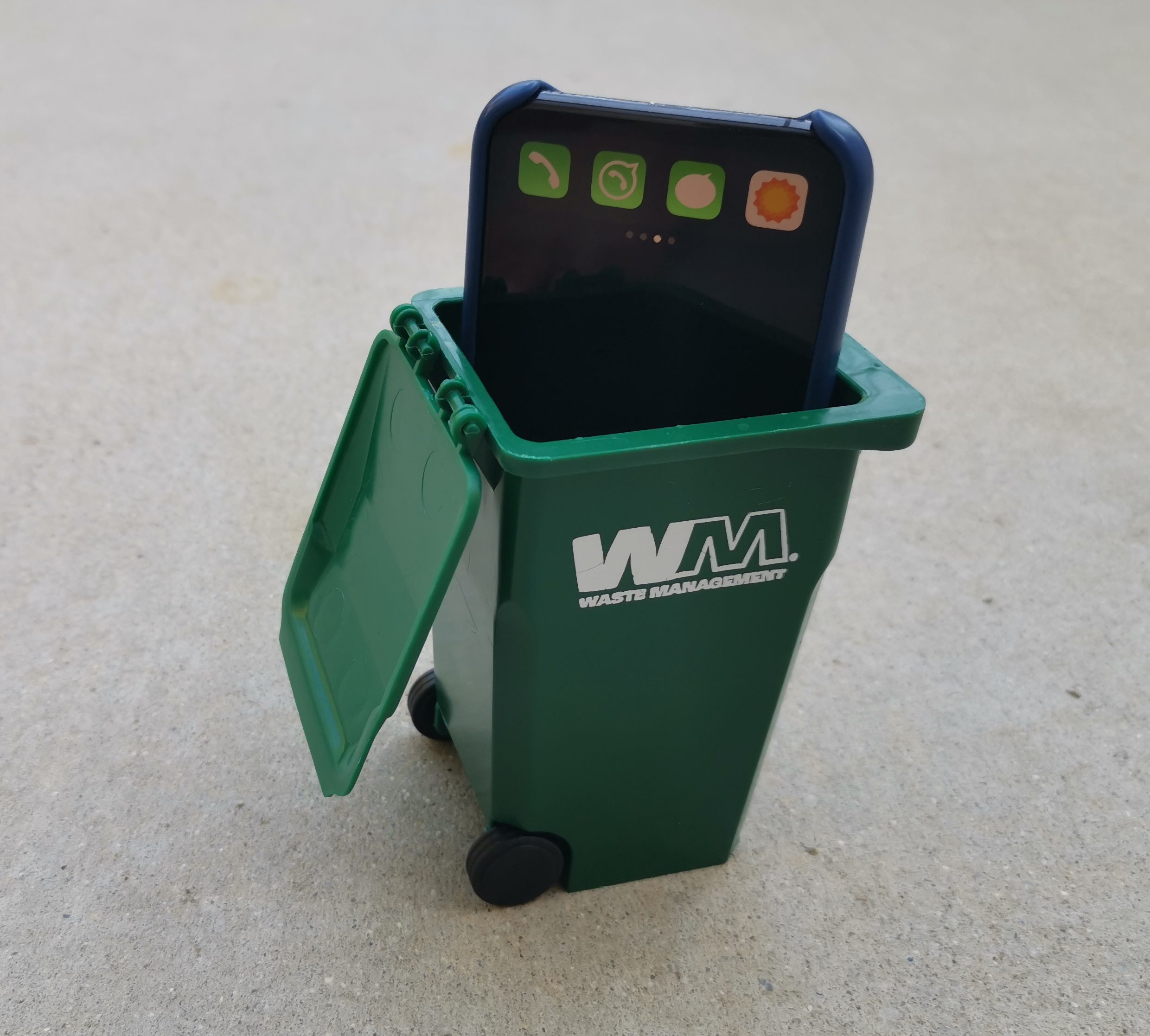It’s a friend, a status symbol, a matchmaker, an assistant, a confidant, a guardian and a confessor. My smartphone is an indispensable thing of beauty, an aesthetic and technological marvel and a devastatingly efficient work of art. It is the object with which I have the most intimate relationship.
The phone I carry now has replaced my physical music collection, my book collection, my newspaper subscription, my magazine subscriptions, my encyclopedia, my notebook, my address book, my appointment book, my filing cabinet, my single function cell phone, my home phone, my answering machine, my guitar tuner, my music books, my media player, my television, my radio, my alarm clock, my stopwatch, my training log, my recipe books, my still camera, my video camera, my photo albums, my handheld gaming device, my GPS, my local maps, my local guide books, my checkbook, my need to go to an ATM, my need to carry cash or cards or train, bus, or plane tickets… I could go on, we all could, suffice it to say that the modern smartphone is truly a miracle.
The smartphone is both an indispensable part of modern life, and an endless form of entertainment. It is this second function, the entertainment, that has become an addiction for me.
I first noticed this problem in other people. When I take my son to the park, I see other parents staring at their phones while their children play. Out of curiosity I sometimes steal a glance over their shoulders to see what they’re doing with this miracle device. It’s almost always a game or social media. I’ve done this too.
When my boys are adults, will I wish that I had paid more attention to social media while they were growing up? Do I want to play games with my phone instead of playing games with my children?
Obviously, my intellect and all my parental instincts answer with a resounding ‘no!’, but my behavior tells a different story.
If I were a subject in a laboratory experiment and my behavior was being observed objectively, the observer could reasonably conclude that I preferred being with my phone to being with my kids. They would probably think that my smartphone was the single most important thing in my life.
My smartphone centered behavior seems natural, it seems like what I’ve always done, but it’s not. I used to read more, I used to just sit and think more, I used to practice guitar more, I used to write more, I used to pay more attention to my surroundings. These minor perversions of what used to be my most intimate and private moments have begun to add up to the feeling of losing myself in the world of media.
Attention is a zero-sum commodity, so the more attention I pay to my smart phone, the less I pay to other areas of my life.
Today, I’m so easily drawn into the alternate reality of screen-based media that I feel like the phone is a part of me. At the faintest hint of boredom, I reach for my phone even when I don’t have it with me. I’m guessing I’m not the only one who’s felt, or even heard a phantom notification.
I had always justified my smartphone addiction by saying that it was a tool for work; and it is. But today, I’m home all the time and everything I need for work is on my laptop or in my studio. Under these circumstances, if the smartphone were primarily a tool for work, I would expect to use it less. My screen time use, however, has gone up since the pandemic: It was three to five hours a day, it is now five to nine hours a day…
NINE HOURS A DAY!
If I did that every day, that’s about four and a half months per year! To put it another way, if I live to the average American Life expectancy of 78, I’ll spend 14 years of my remining life using my smartphone. Most of that time is spent doing non-essential tasks. Maybe I’m an anomaly, but I doubt it.
Something has to change. To avoid losing myself in media and to reclaim some of those lost 14 years, It’s time for me to reevaluate my most intimate relationship. It’s time to change my relationship with my phone.
Here’s what I’m going to do:
- Delete non-essential apps. For me this is all games, all social media and basically everything but the fitness apps, mobile communications, audio, navigation and required system apps.
- Make a home for my phone. In my house, the phone’s home will be in my studio. No twitter before bed, no news when I wake up. No half watching TV and half scrolling through Instagram. I’ll take it when I leave the house if I’m going to need it. Otherwise I’ll leave it in the studio.
- Functionally disable browsing. On my iPhone, this means hiding the Safari app and setting a screen time limit of one minute a day. This requires me to enter a passcode in order to use safari which will make me think twice about using the web interfaces for social media.
- Keep track of my activity. Ironically, the iPhone provides a compressive tool for this called Screen Time.
- Post about my Progress. Will curtailing my phone use actually make me feel more present, happier, more fulfilled? Maybe those 14 years are well spent on twitter, YouTube and Mario Run. We’ll let the data decide.
My phone and I are not breaking up, but we are going to set some boundaries… it’s complicated.


